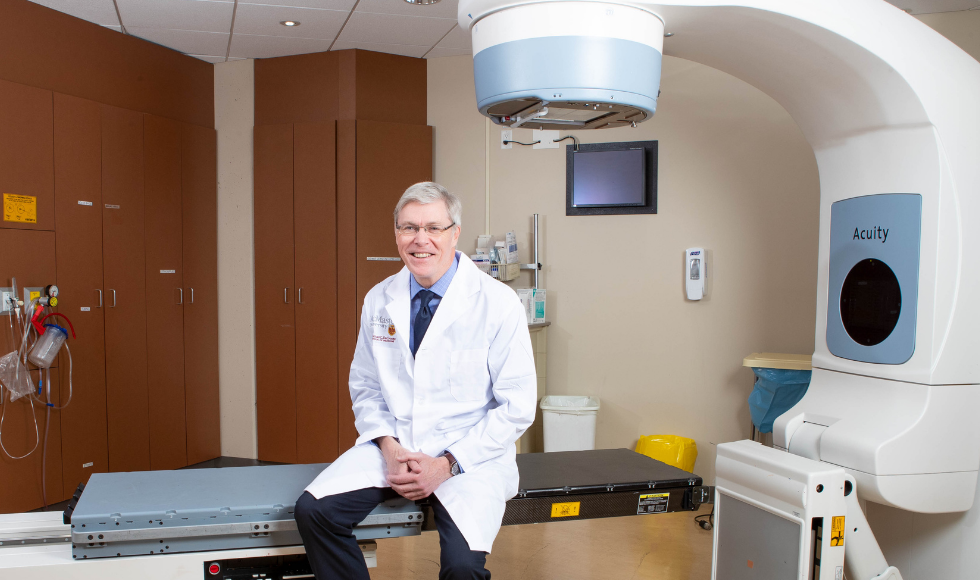McMaster researchers say a recent study is suggesting that older women with early-stage breast cancer may not need traditional radiotherapy treatment after undergoing surgery.

In an initiative to determine whether some cancer patients can safely skip post-surgery radiation or chemotherapy, Dr. Timothy Whelan says a certain subtype of Stage 1 breast cancer can be effectively treated with just surgery and endocrine therapy.
“These findings are exciting because we have identified a certain group of patients who can avoid radiotherapy and its associated side effects and potentially change for the better medical practice around the treatment of breast cancer,” said Whelan.
“Radiotherapy has significant early side effects, including fatigue and skin irritation that can last for several weeks after the course is completed, and late side effects such as breast shrinkage and distortion that can affect quality of life and very rarely more serious complications such as heart disease and second cancers.”
The McMaster research, supported by the Canadian Breast Cancer Foundation and the Canadian Cancer Society, has been targeting those with the luminal A subtype of the affliction – the most common, representing 50 to 60 per cent of all breast cancers.

Get weekly health news
The study followed just over 500 post-surgery patients for five years and submits that the recurrence of breast cancer was just 2.3 per cent without radiotherapy.
That’s comparable to the estimated 1.9 per cent of the same group who were at risk of developing a similar cancer in the other, untreated breast.
Typically, post-surgery patients with early-stage breast cancer undergo radiotherapy courses of three to five weeks to reduce the risk of their cancer recurring, according to Whelan.
“If we can avoid radiotherapy, so much the better. Not all cancers require the same level of often invasive treatment. There is a very low-risk group of breast cancers displaying the luminal A biomarker and they are not particularly aggressive,” said Whelan, who is a radiation oncologist for Hamilton Health Sciences.
Ongoing research is now underway tracking patients with the luminal A variant of breast cancer for 10 years to learn more about treatment efficacy without the use of radiotherapy.












Comments
Want to discuss? Please read our Commenting Policy first.